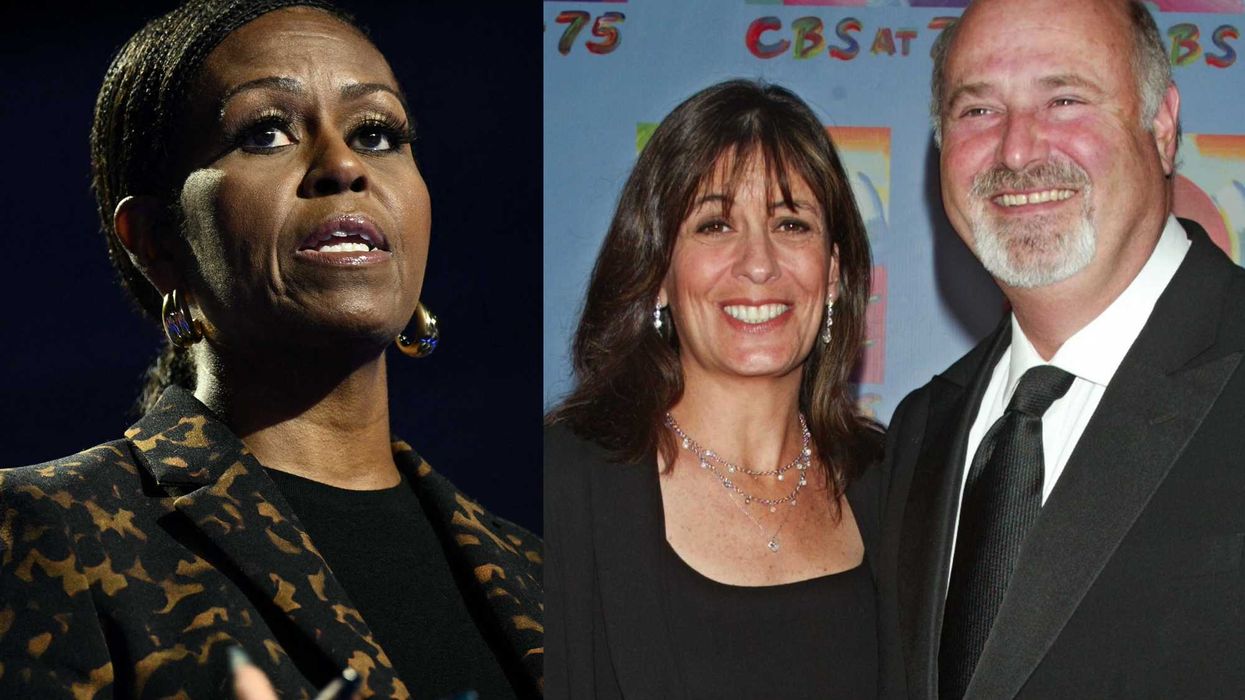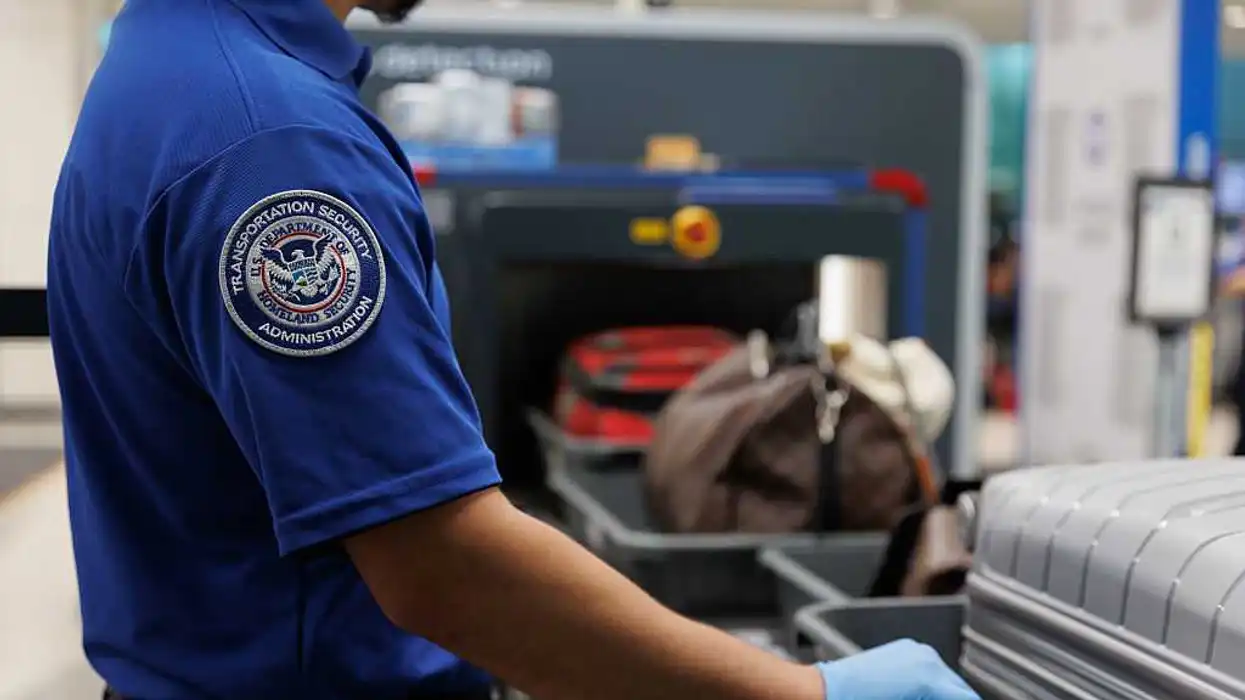
© 2025 Blaze Media LLC. All rights reserved.
"There's a lot of anger."
WASHINGTON (AP) — According to President Barack Obama, Americans are angry, frustrated, scared, anxious, uncertain, nervous, discouraged and shaken up.
They're also confused and not thinking clearly.
Heading into critical midterm elections, Obama has been freely sharing this gloomy diagnosis on the campaign trail, at times sounding more like a psychiatrist than a politician. He usually couples it with a reminder that the country's been through tough times before and is resilient enough to bounce back, and an appeal to voters to "choose hope over fear."
Obama's dreary assessment appears to be an attempt to empathize with voters in a time of acute economic anxiety. It also can serve as an explanation about why voters haven't embraced his agenda — and why they look poised to deliver a drubbing to Democrats Nov. 2.
Americans would be more supportive of his policies, the president suggests, if they weren't fettered by anxiety he accuses the GOP of stoking. And the descriptions of angst from a president criticized as overly cerebral and aloof also allow him to attempt to show he feels voters' pain — even if he can't cure it.
So the president who campaigned on hope and change now sometimes sounds more like he's diagnosing depression than offering inspiration.
"People out there are still hurting very badly, and they are still scared," Obama said recently at a Boston fundraiser. "And so part of the reason that our politics seems so tough right now, and facts and science and argument does not seem to be winning the day all the time, is because we're hard-wired not to always think clearly when we're scared."
At a town hall meeting, the president had a similar message.
"There's a lot of anger and there's a lot of frustration and a lot of fear across the country.... And the question is going to be whether once again hope overcomes fear," he said. "Because what essentially the other side has decided is that they're going to try to ride fear and anxiety all the way to the ballot box."
Obama isn't the first president to play psychiatrist-in-chief and put the country on the couch.
Jimmy Carter famously declared that a "crisis of confidence" was threatening to destroy the nation. Bill Clinton said, "I feel your pain." Franklin D. Roosevelt used his "Fireside Chat" radio addresses to speak to voters' anxieties and try to coax support for his policies during the Great Depression.
"He's trying to identify with (voters) by repeating what their feelings are back to them, which is a very old political technique," especially in times of trouble, said Martin Medhurst, a professor of rhetoric and communication at Baylor University.
The White House says that by showing voters he understands what they're feeling, Obama positions himself to lay out his main argument for the election: that it's a choice between — as he puts it — the policies that caused the current economic mess, and the policies that are starting to fix it.
"It's an acknowledgment of what we all know to be true: that this is a difficult time for our country," said senior adviser David Axelrod.
Associated Press-GfK polling confirms the voter anger and frustration Obama talks about, but also suggests that the president's message of empathy may not always get through. The month Obama took office 81 percent said he understood the problems of ordinary Americans very well or somewhat well; by September of this year that figure had fallen to 54 percent.
Obama sometimes talks about voters' anger being misplaced, suggesting it should be directed at Republicans instead of him. He accuses the GOP of fomenting voter anger by refusing to help solve problems in Washington, and then of seeking to capitalize on continued hurt over the economy come Election Day.
"They knew that people would be frustrated. They knew people would be angry," Obama said at a fundraiser in Delaware earlier this month. "And they figured if they just sat on the sidelines and opposed us every step of the way, if they said 'no' even to policies that they could agree with, that historically they had supported, then people might forget that they were the ones who had caused the mess and that people's anger and frustration would lead them to success in the next election."
Such musings have drawn scorn from some in the GOP, who accuse the president of talking down to voters who simply don't like his policies. One conservative columnist, Charles Krauthammer of The Washington Post, derisively accused the president of diagnosing the populace with "Obama Underappreciation Syndrome."
And there's a problem for the president, given the grim outlook for Democrats: As much as he's sought to acknowledge and allay voters' concerns, the results on Nov. 2 may just prove his gloomiest diagnoses right.
___
Associated Press writer Julie Pace contributed to this report.
Want to leave a tip?
We answer to you. Help keep our content free of advertisers and big tech censorship by leaving a tip today.
Want to join the conversation?
Already a subscriber?
more stories
Sign up for the Blaze newsletter
By signing up, you agree to our Privacy Policy and Terms of Use, and agree to receive content that may sometimes include advertisements. You may opt out at any time.
Related Content
© 2025 Blaze Media LLC. All rights reserved.
Get the stories that matter most delivered directly to your inbox.
By signing up, you agree to our Privacy Policy and Terms of Use, and agree to receive content that may sometimes include advertisements. You may opt out at any time.






